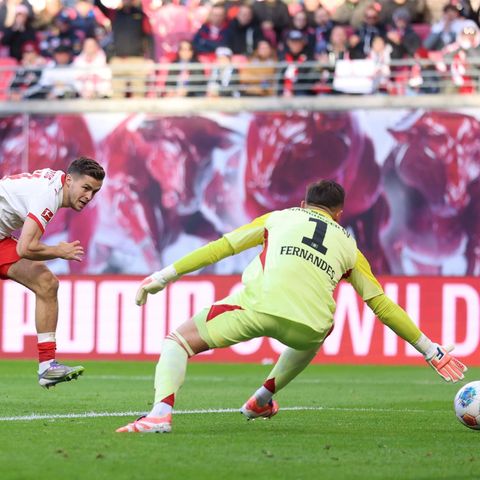Sweden has long since reintroduced compulsory military service. Will Germany follow suit? During his visit to Stockholm, the Chancellor at least let himself have a look at his cards.
Chancellor Olaf Scholz has expressed reservations about a possible reintroduction of compulsory military service. During a visit to Sweden, where compulsory service in the army was reactivated seven years ago, the SPD politician described the shortage of personnel in the Bundeswehr as a “manageable” task.
“It’s ultimately about how we can convince enough women and men to work in the Bundeswehr and find a job for themselves there,” said Scholz after a meeting with Swedish Prime Minister Ulf Kristersson in Stockholm. In doing so, he signaled that he did not want to oblige anyone to join the Bundeswehr.
No return to compulsory military service like before
Scholz emphasized that Germany will not return to a conscript army, as it existed until compulsory military service was suspended in 2011. “That wouldn’t work anymore. There were a lot more soldiers, there were a lot more barracks, there was a lot more infrastructure that was built for this. None of that is needed today, nor is it the plan that anyone is pursuing.”
The Bundeswehr is to be increased from the current 182,000 to 203,000 soldiers by 2031. Defense Minister Boris Pistorius (SPD) is currently considering reactivating compulsory military service in order to address the personnel shortage. “The suggestions are being turned back and forth. But they are not at all comparable to what we once had in Germany,” said Scholz. “That’s why it’s good that we wait until there’s a considered idea.”
Guttenberg suspended conscription 13 years ago
During the Cold War, the Bundeswehr’s conscript army had almost 500,000 soldiers until the fall of the Berlin Wall. After the reunification of Germany the number fell continuously. In 2011, conscription was suspended under CSU Defense Minister Karl-Theodor zu Guttenberg. The CDU decided at its party conference last week that it wanted to reverse the decision “gradually”.
Sweden reintroduced conscription in 2017 after suspending it in 2010. “Of course, every country makes its own decision about how it recruits and deploys soldiers. I think for Sweden we have found a model that I think is suitable,” said Kristersson at the joint press conference with Scholz. “No country has a perfect model and every country respects all countries that use different models for different historical reasons.”
Swedish conscription is primarily compulsory military service
In Sweden, not all young men and women from one year group are drafted. After everyone initially receives a questionnaire from the muster authority, only some of them are invited to the muster. A selected group then receives offers for a service at the end. So it’s a kind of compulsory testing. In six to 15 months, the recruits receive basic military and leadership training.
Closer cooperation in the security area
At their meeting, Scholz and Kristersson also expanded the strategic “innovation partnership” that has existed since 2017, which is now intended to lead to closer cooperation in the areas of security, defense and new technologies. Due to the deterioration of the global security situation and Sweden’s accession to NATO, a deepening of the agreement is appropriate, according to the document signed on Tuesday. This will offer “new opportunities” for cooperation in, for example, armaments and cyber defense, said Kristersson.
Source: Stern
I have been working in the news industry for over 6 years, first as a reporter and now as an editor. I have covered politics extensively, and my work has appeared in major newspapers and online news outlets around the world. In addition to my writing, I also contribute regularly to 24 Hours World.




